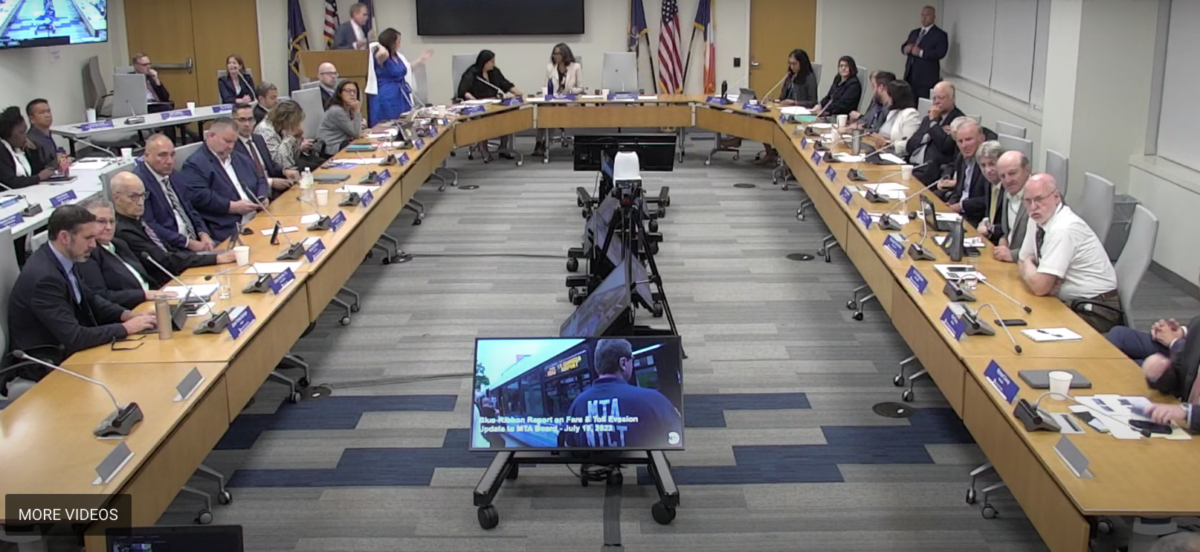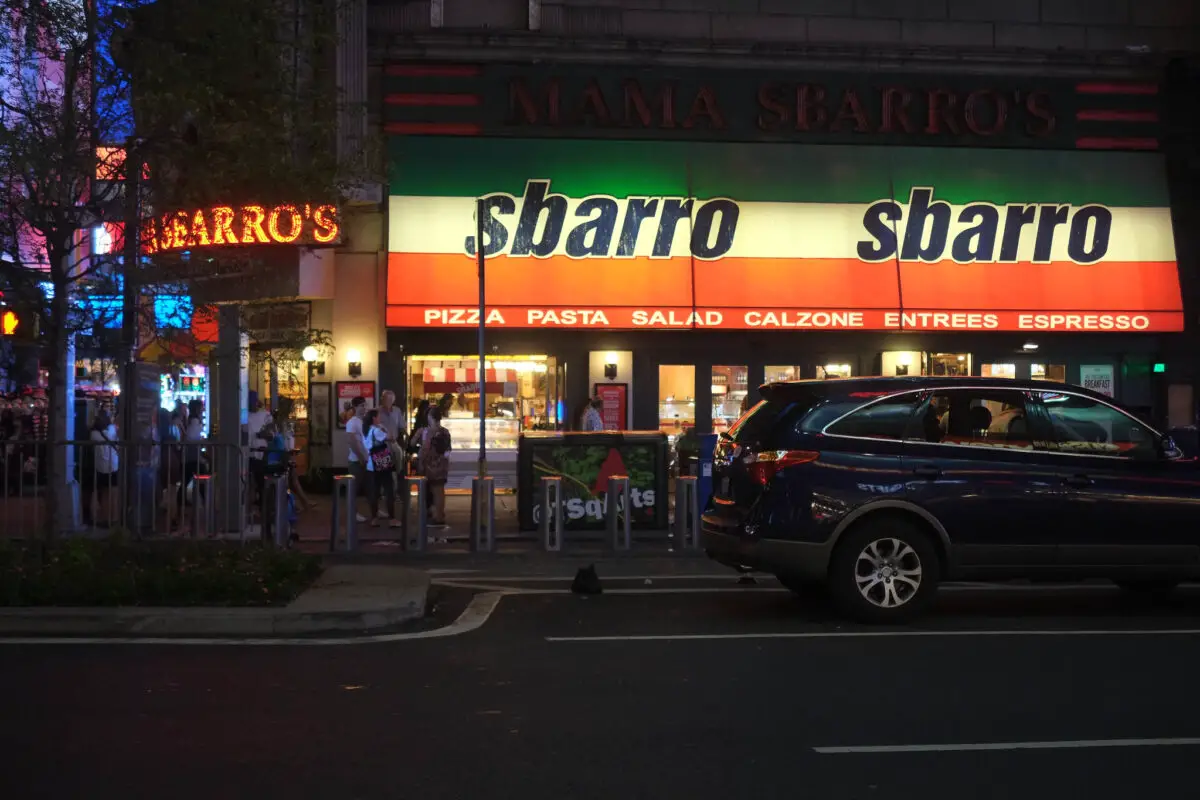The Metropolitan Transportation Authority’s Board of Directors this afternoon voted unanimous approval of fare hikes that would go into effect on or about August 20. All of the MTA’s commuter rail lines, subways and bus routes are affected except service west of the Hudson River on the Pascack Valley Line and the Port Jervis Line. In a separate vote, the board approved toll hikes at its bridges and the Queens Midtown Tunnel and the Hugh Carey Tunnel, better known as the Brooklyn Battery Tunnel.

The overall transit fare increase will be 4% on average, a reduction from the more than 5% increase that had been previously proposed. The board was told that the MTA’s budget is going to be balanced on a break-even basis through 2027.
MTA Chairman and CEO Jenno Lieber told the board that it is historic for the agency to be projecting balanced budgets for the next five years.
“We were able to do this at a time when the agency was facing the most difficult, steepest fiscal cliff in its history,” Lieber said. “In the dark days of the pandemic, an outcome this positive, five years of balanced budgets, would have been unimaginable.”
The MTA is expecting to receive about $1 billion a year from tolls collected as part of the congestion pricing plan, which would charge drivers entering Manhattan below 60th Street. The first meeting of the panel that will decide how much drivers will have to pay was scheduled to begin shortly after today’s board meeting ended.
Under the fare hikes approved today, Metro-North riders will see a increase in monthly and weekly ticket prices of 4.5%. The top monthly ticket price would be $500. Off-peak individual tickets on Metro-North would go up from 2% to 3%, with all other ticket types going up by a maximum of 10% with the portion of the increase above 6% held to no more than an additional 50-cents.
The fare to ride on the New York City subways, buses and paratransit would go up from the present $2.75 to $2.90. The E-ZPass toll for passenger cars at the Robert F. Kennedy Bridge (Triboro Bridge), Bronx-Whitestone Bridge, Throgs Neck Bridge, Hugh Carey Tunnel, Queens Midtown Tunnel and Verrazzano-Narrows Bridge would go up from $6.55 to $7.01. Without E-ZPass, it would rise from $10.17 to $10.88. Tolls for commercial vehicles and trucks would be higher. On the Henry Hudson Bridge, the E-ZPass toll goes up to $3.21 from $3.00, with the “toll by mail” price rising to $8.00 from the present $7.50.
Lieber recalled that during Covid, the MTA had an $18 billion annual operating budget and was “bleeding” $200 million a week due to the falloff in ridership. He pointed out that the MTA’s debt has been restructured and $400 million in annual operating savings were put into effect.
Before taking up the fare and toll increases, the MTA board went into executive session to discuss a new contract with Transit Workers Union Local 100, which provides for a 9.8% wage increase over three years along with $4,000 cash bonuses and expanded medical coverage. The board voted to approve the contract, which already had been approved by the union.





















